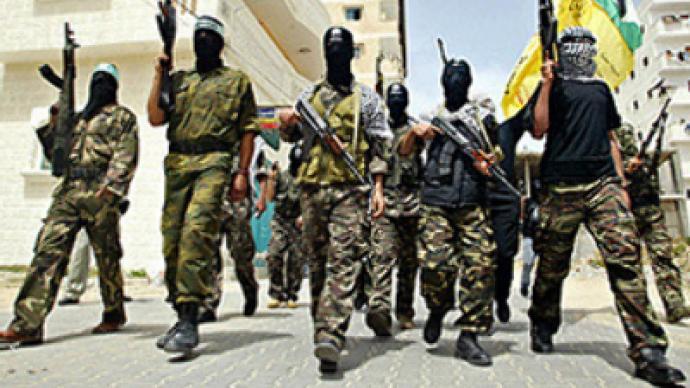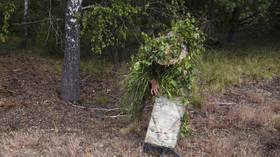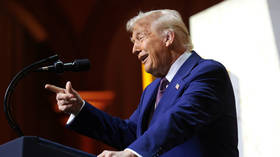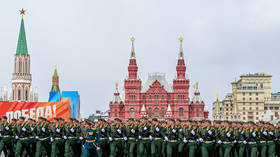Fatah meets to boost its fortunes

The mainstream Palestinian movement, Fatah, is to begin its first convention in 20 years Tuesday in an attempt to revive its flagging popular support and map out a political program vis-à-vis Hamas and Israel.
The three-day meeting in Bethlehem is expected to see sharp struggles for positions of power between an “old guard” of leaders tainted by corruption charges and younger challengers demanding reform. The veteran leadership had succeeded in postponing the convention for years. Vigorous debate is also anticipated between those advocating a conciliatory attitude towards Israel and those demanding that Fatah not relinquish military options.
More than 2,000 delegates are to participate, including many who live in exile and have not been to the West Bank in decades. Israeli officials said they had permitted entry to almost all the Fatah activists from abroad whose names were submitted by the Palestinian Authority.
“We hope this conference will restore Fatah to its prime,” one of the delegates, Muneer Ghannam, Palestinian ambassador to Qatar, was quoted by Maan news agency as saying.
A draft program prepared by veteran Fatah leader Nabil Shaath departs sharply from the 1989 program, which called for armed action against Israel. The draft commits the Palestinians to peace talks, although it mentions armed struggle in passing as a theoretical right. In the event that peace talks fail, the draft mentions two alternatives – the unilateral declaration of a Palestinian state within the pre-Six Day War boundaries of the West Bank, Gaza and Jerusalem, or advocacy of a “one-state” solution, in which the Jewish population of Israel will eventually be outnumbered by the Arab population in the Palestinian territories.
“We are dedicated to the peace process,” Shaath was quoted by AP as saying, “provided we are not taken for a ride.”
A more militant tone has been voiced by other delegates. “Fatah does not recognize Israel’s right to exist,” Rafik Natsheh, a member of Fatah’s Central Committee told the Jerusalem Post. He said that Fatah would not relinquish the armed struggle “no matter how long the occupation lasts.” Natsheh and others argue that downplaying the armed struggle option would significantly harm Fatah’s standing among Palestinians, as long as the conflict with Israel has not been resolved. Nabil Shaath and other West-leaning leaders fear that a vigorous re-endorsement of the armed struggle option would harm the Palestinian cause politically, and undercut the prospect of financial aid from abroad.
Fatah has been at the forefront of the Palestinian nationalist movement since its founding in 1954 by Yasser Arafat and others. Since the Oslo Agreements of 1993, and the creation of a limited Palestinian autonomy on the West Bank and Gaza under Arafat, the Fatah leadership has been marked by a series of financial scandals involving foreign aid money that have cost it the confidence of the Palestinian majority. This prepared the way for a surprise victory for Hamas in legislative elections three years ago. Hamas subsequently took over the Gaza Strip in a coup, leaving the Fatah-dominated Palestinian Authority in control of only the West Bank.
Egypt is attempting to broker a reconciliation between the two factions that would allow for a poll to elect a new leadership which could speak on behalf of the Palestinian people as a whole.
The Fatah leadership, under President Mahmoud Abbas, hopes that a reorganized movement with a clear political direction would permit it to emerge victorious in such elections. However, issues exist which could jeopardize the attainment of such clarity.
One such issue is the debate which some delegates are expected to demand regarding the explosive claim made last week by Farouk Kaddoummi, one of the founders of Fatah, who said that President Abbas had been involved in a plot to assassinate Arafat by poisoning.
Abraham Rabinovich for RT













